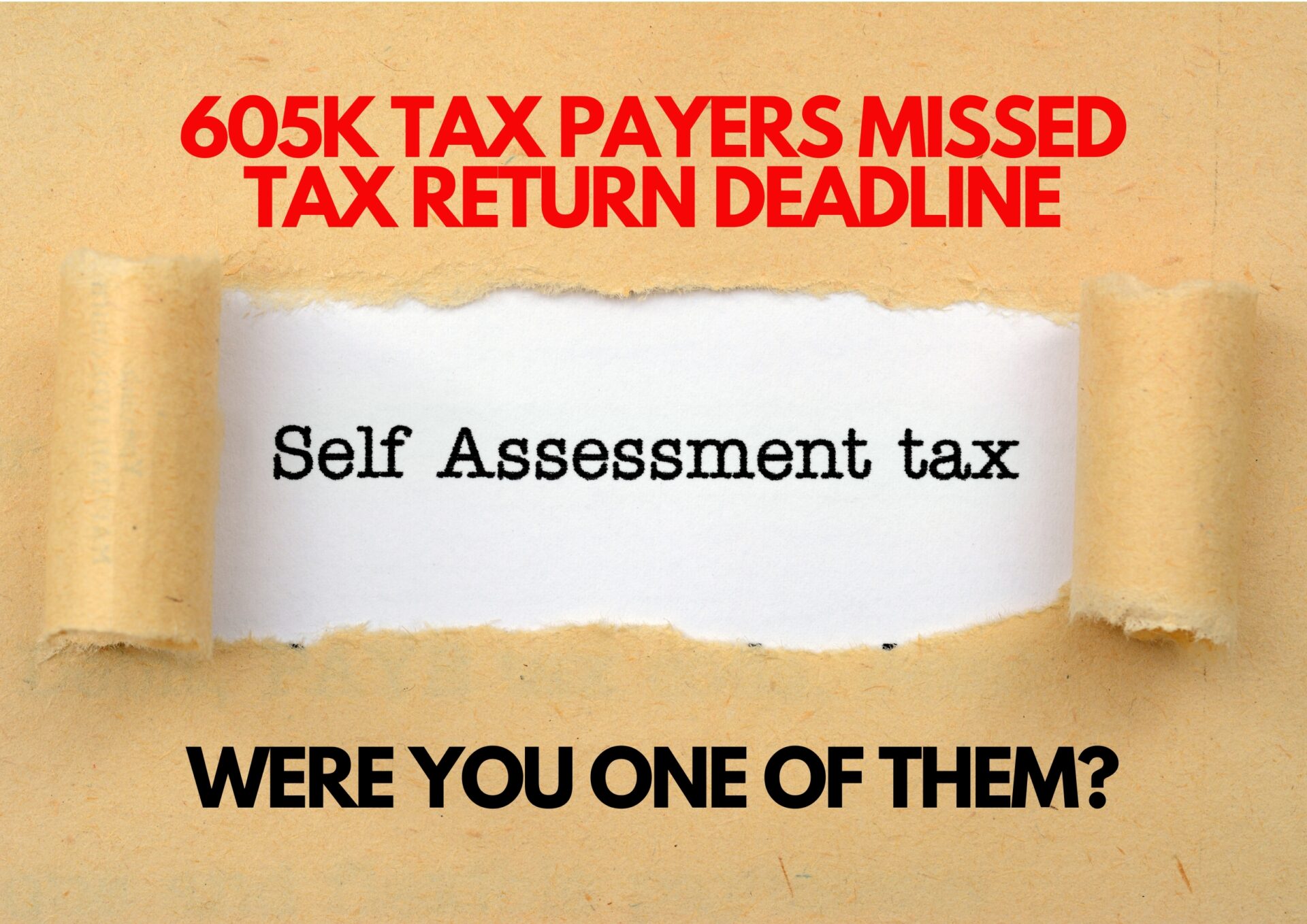Let’s get your 2020/2021 Tax Return completed!
Are we mad? Absolutely not! It’s never too early to file your Self-Assessment Tax Return.
Have you received a reminder from HMRC; or know that you must submit a tax return for the 2020/2021 Tax Year? Then why wait until January 2022?
You can file your tax return any time after 6th April 2021.
Don’t leave it until the last minute, completing your tax return early could have multiple benefits. How?
- Are you due a refund?
- Pay nothing until 31st January 2022
- Reduce the 2nd Payment on Account
- Prefer to Code it Out?
- Tax Credits and Student Loan Deferments
- Budget and Manage Cashflow
- Planning Ahead
- Avoid the Penalties
1 – Are you due a refund?
If you know that you are due a refund, then why wait!
HMRC will often process refunds quicker for returns submitted soon after the tax year end. If you wait until nearer the filing deadline then you are likely to wait longer for your refund.
Providing bank details will also speed up the process. Security checks are carried out quicker than waiting for a cheque to clear. The funds can be in your bank account within a matter of weeks. This will help with cashflow and planning your next big purchase.
This is why it’s never too early to file your Self-Assessment Tax Return.
2 – Pay nothing until 31st January 2022
Regardless of when the tax return is filed, the payment due dates remain the same.
Your 2nd payment on account, if due, is payable by 31st July 2021. Any balancing payment is due on 31st January 2022.
Knowing how much tax is payable gives you time to manage cashflow ensuring that your payments are made on time.
3 – Reduce the 2nd Payment on Account
If you know that your taxable earnings are going to be less than the previous tax year, then you might not need to pay the original amount due towards your 2nd payment on account.
Getting your accounts completed early, or collating all your tax records now, will enable us to calculate your tax liability. At Onyx, we can make the claim to reduce your payments on account before any further payments are made.
By planning ahead, you are in control of how much needs to be paid and when. This reduces the risk of paying too much by the end of July. Or having to wait for HMRC to process a refund during their busiest periods.
4 – Prefer to Code it Out?
Depending on how much tax is due, and where your main source of income is from, you could have any tax you owe collected through your tax code. There are some restrictions:
- The tax return must be submitted by 30th December 2021;
- The tax owed cannot exceed £3,000; and
- You must be in receipt of PAYE income, e.g a salary or pension.
This is perfect for employees and pensioners as the tax owed can be collected from wages or pension income, throughout the following tax year, easing the pressure on cashflow.
5 – Tax Credits and Student Loan Deferments
Tax credits must be renewed by 31st July 2021 and no one wants to find themselves in the position where tax credits are based on estimates.
Avoid being under or over paid Tax Credits by submitting actual figures as soon as possible.
The Tax Credit office can accurately calculate your entitlements which helps to ensure that you receive the right amount of benefit. Any over payments will also be more easily manageable, and you will be in a better position to repay the amount you owe.
The deadline for Student Loan deferment is usually around the middle of June. Again, by completing your tax return early ensures that your deferment is based on actual figures instead of estimates. Submitting your tax return later could mean that you end up having to make unnecessary loan repayments.
6 – Budget and Manage Cashflow
None of us like the thought of having to pay a huge amount of our hard-earned cash towards a tax bill.
If this is your first year of self-assessment, or perhaps you know that the tax due is going to be considerably higher, then completing your tax return early gives you time to budget.
Managing your cashflow and starting to budget for the balancing payment due on 31st January 2022, is easier if you give yourself more time.
Ultimately, you want to avoid any HMRC late payment penalties and interest charges if you do not pay the right amount on time.
7 – Planning Ahead
It is strange that competing your tax return for a period in the past can help with tax planning for the future. Like we have said before, it’s never too early to file your Self-Assessment Tax Return.
Preparing your tax return early can highlight potential investment and pension planning opportunities which could be missed if you waited until nearer the filing deadline. By which time most of the current tax year would be over and tax savings windows missed.
If your circumstances have changed this year, then preparing your tax return in good time ensures you have the space to think about any tax planning opportunities available to you.
8 – Avoid the Penalties
Penalties for late tax returns can be as much as £1,600, if not more. Can you afford to pay that?
Filing your tax return late will result in an automatic £100 filing penalty. The penalty will still apply even if you do not have a tax bill to pay.
After three months a £10 daily penalty starts to accumulate which can increase to a maximum of £900.
Further penalties are applied if your return is six months late; with penalties ranging from £300 or 5% of your tax due, whichever is the higher. The same is applied if your return is over 12 months late.
These penalties are cumulative and will keep increasing the longer your tax return is late. Visit HMRC for more information on penalties.
How Onyx Accountants can help you?
We recommend completing your tax return early, so you know how much tax you need to pay and by when. It makes perfect sense if you are due a refund, to receive this as soon as possible or make provision for any additional tax payments due by 31st January 2022.
By using Onyx Accountants and Business Advisors to undertake your self-assessment tax return, you eliminate the worry which allows you to concentrate on running your business.
GET IN TOUCH WITH ONYX
If you have any queries, or want to discuss further, please give us a call; or e-mail us at enquiries@onyx.accountants for a FREE no obligation consultation.
Got any questions or queries? Our friendly team of tax specialists are happy to help. Just drop us a line! Call us on 0121 753 5522 or 01902 759 800.





